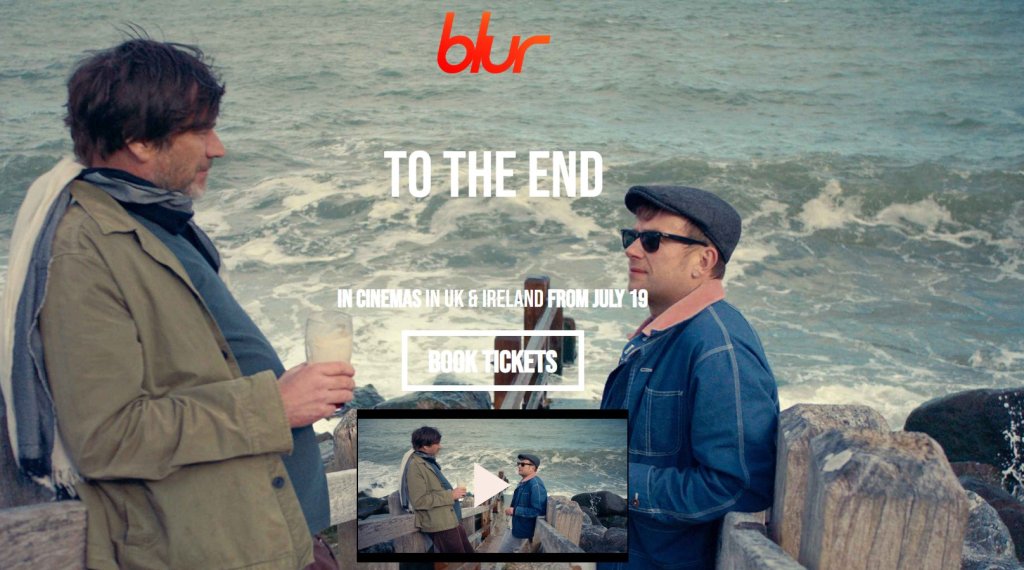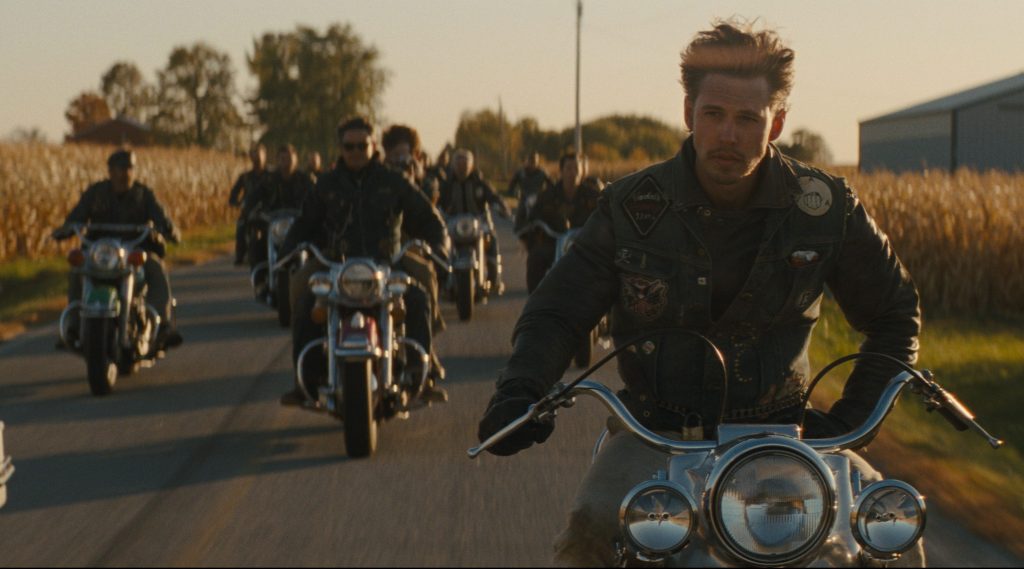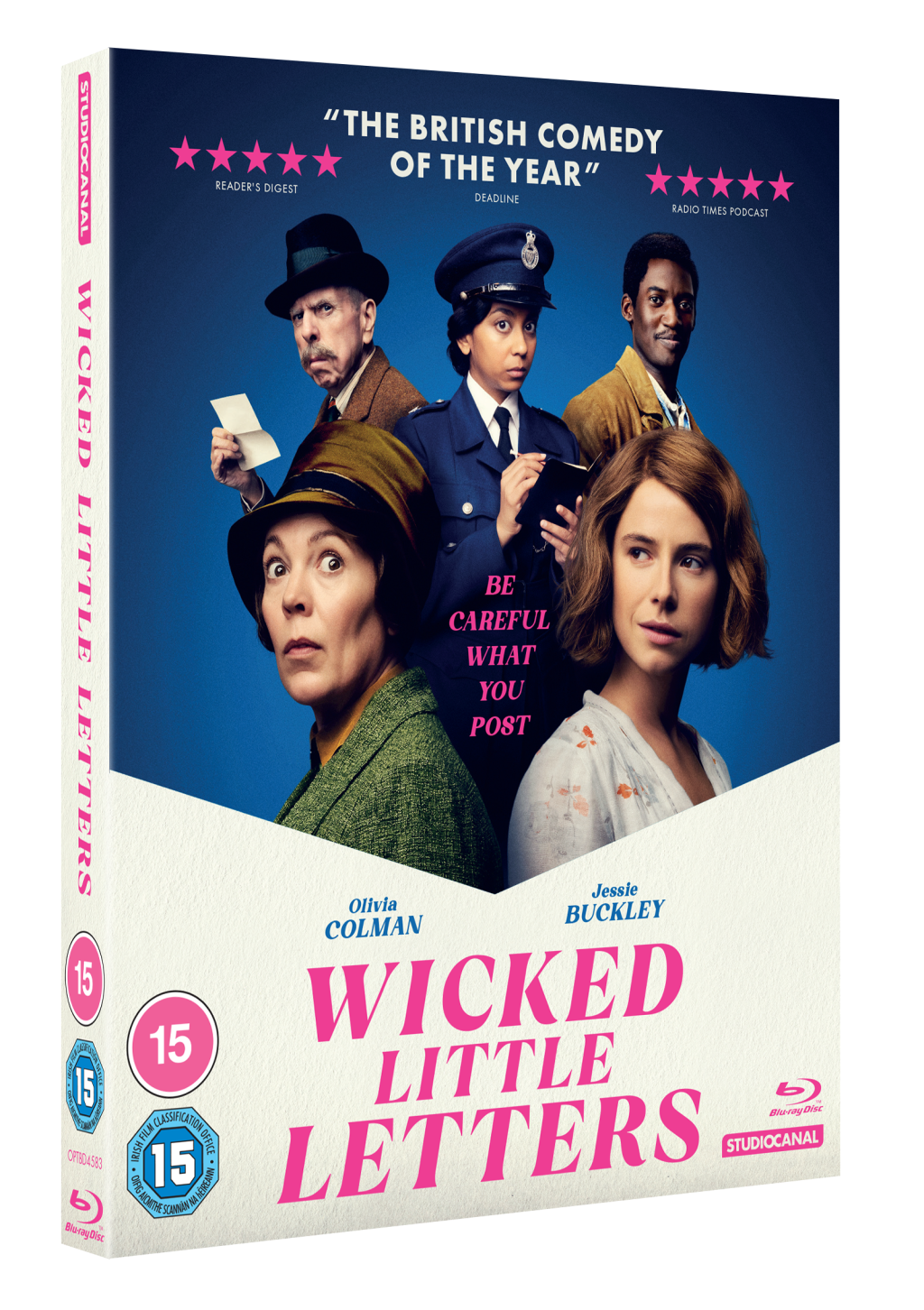
Styx is a sensory experience from director Wolfgang Fischer. Unleashing booming blasting notes, HD qualitative landscapes and detailed shots following animals meandering streets (most often monkeys). The natural world is idolised here and understandably sought after by our heroine Ava Gray. The protagonist is an unseasoned, yet competent, sailor embarking on a solo journey at sea who seeks “wild, untouched nature” and escape from her demanding, intense working days. Yet, those urgencies seem to follow her as she is soon faced with a pressing dilemma.
The specific reasoning behind this venture are unclear. Susanne Wolff is obviously wrestling with something unknown to us as Ava; job dissatisfaction? loneliness? solace? loss? fatigue? but in fairness; it’s not entirely necessary to story. Her befuddlement is emphasised by images of tangled plants, roots, leaves and tree trunks interspersed throughout. She is distressed, reaches momentary peace, then meets distress again.

The production flits between these sorts of contrasts frequently. From the lulling sea shots to alive night-time rural city scenes; startling unpleasant police sirens to the quotidian noises of every day, the ordinary activity of packing and unpacking goods; or mammoth oceanic shots to the careful, minute movements of birds bouncing around the boat. At the start, everything is quite repetitive. Perhaps it is to mimic the current Ava is wading with – but it gets a little indulgent at points. She sails, she sails, she sails. She swims, she swims, she swims. She struggles, she struggles, she struggles. Had it not been such a treat for the eyes and ears, audiences may lose interest at this early stage of the piece.
But, midway through our sailor meets a critical crisis – hitting you like the brutal, cutting waves surrounding her. Tension rises after seeing a big boat “wrecked..with lots of bodies” in urgent need of help. She persistently calls the coastguards for aid is distinctly informed to leave them be and abdicate herself. The time of arrival of help is murky and Ava is caught with what to do, is tormented with how easy it would be to help these sufferers. Wolff excels in the role, she seamlessly convinces us of the wracked guilt she is faced with. We feel for Ava, she is likeable, honest, kind, an every [wo]man. We trust her, her choices and that she will execute them properly.

Dialogue is sparse and few when it is uttered in Styx, this heightens suspense and exaggerates the importance of cinematography further. The piece is gripping and incredibly sightly, its distinctive, different elements keep viewers enthralled and the humble character of Ava Gray is compelling. But, saying this, it stumbles slightly at the end, leaving me discontent and confused as it feels somewhat rushed and very unlike the long, gliding, generous shots seen over the previous 90 minutes. I would recommend the film to people who appreciate the natural world and handsome cinematic work, but wouldn’t promptly watch again myself.

Styx is in UK cinemas now.







![The Cat And The Canary Blu-ray review: Dir. Paul Leni [Masters Of Cinema]](https://criticalpopcorn.files.wordpress.com/2024/04/image-5.png?w=1024)




![Dazed and Confused Blu-ray review: Dir. Richard Linklater [Criterion Collection]](https://criticalpopcorn.files.wordpress.com/2019/06/54d963fd05ec9b4b6fa718cbc6dcfa03.jpeg?w=1024)
Post your thoughts